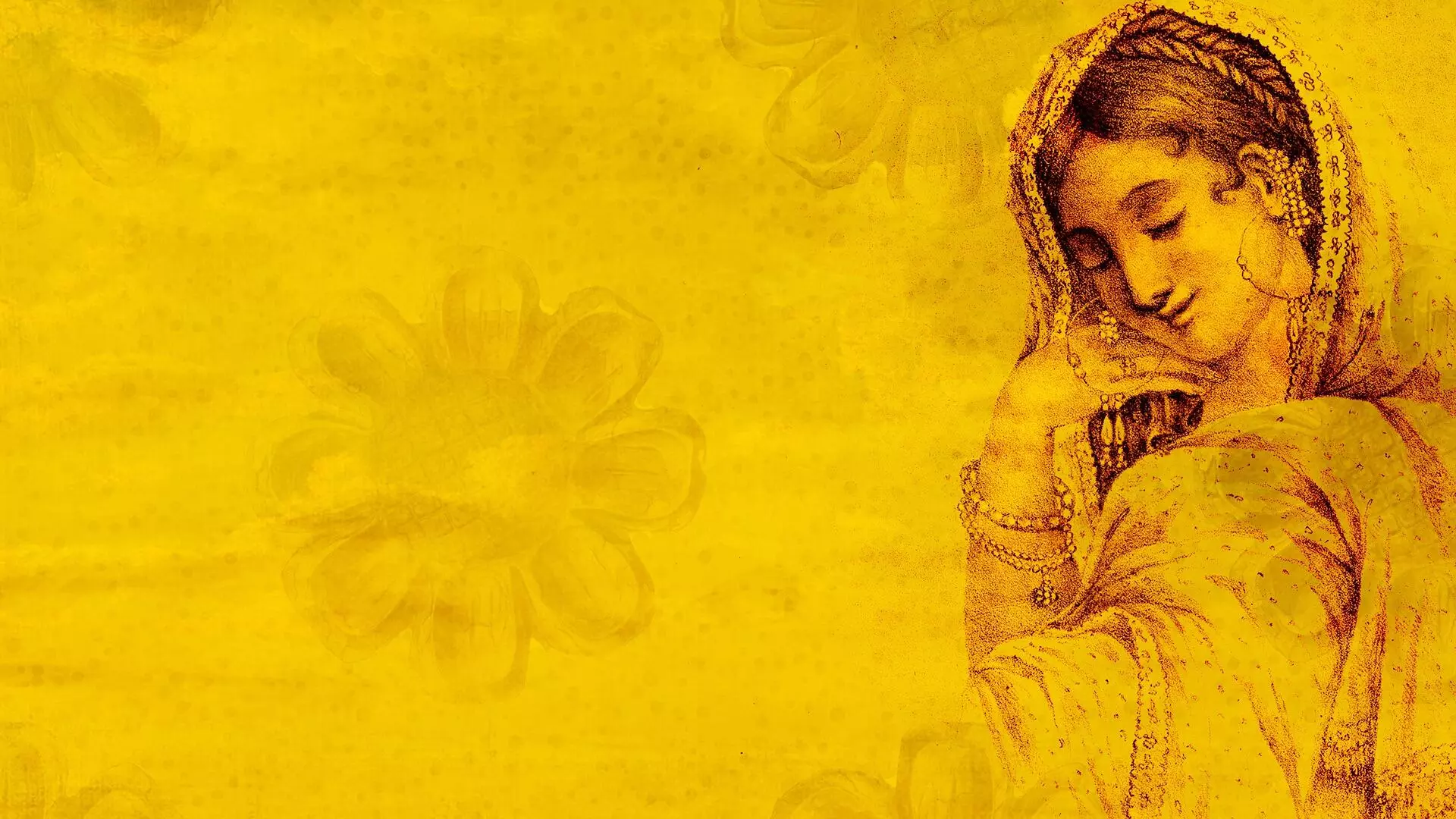A question of 'sanskar'
The time is ripe for India to shed the quaint, regressive notions attached to the term ‘sanskar’ and liberate women from socially imposed constraints

Precisely 20 years after the Government of India began its post-liberalisation era 'Incredible India!' campaign in order to poise the country as a marketable tourist destination for international tourists, a video depicting the horrific harassment of a Korean woman in Mumbai by local men went viral on the Internet. For a nation that has long held the value of Atithi Devo Bhava — a relationship wherein the guest is akin to God, sacrosanct to itself — the fact that multiple countries have issued cautionary advisories for women travelling to India is proof that this is not an isolated incident. The woman, who just so happened to be livestreaming when the incident occurred, stated that her 'apparent friendliness and willingness to engage in the conservation' had been blamed by people as a reason for her to be harassed.
In contemporary discourse surrounding sexual harassment of women, explanations behind such offences range from the bizarre (wearing jeans, eating chowmein) to the commonplace (her clothes, her behaviour, her promiscuity). Every way in which a woman may have possibly 'erred' to warrant such a crime, is considered, and sought to be corrected with the imposition of social constraints issued 'for their own safety'. Women are thus single-handedly burdened with taking responsibilities for offences committed against them with every possible reason. To err against one's 'sanskar' — the word used to refer to one's etiquette and culture alike — is akin to committing sacrilege. The word itself has become embedded in inherently Brahmanical-Hindu understanding of cultural, societal and even partisan propriety. Being considered sanskari requires one to be an adherent of a majoritarian-partisan specificity. And to be an 'un-sanskari' woman is therefore equated to being un-Indian. Yet, as many of my elders would well-intendedly assure me that our sanskar is our pride and legacy, that it is the reason why we as a cohesive society have created a lot of 'Incredible Indians!'.
The Sanskrit word 'saṃskāra' refers broadly to "putting together, doing well, making perfect, a type of solemn recognition and getting ready", or "mental impression, recall" of our past actions. Yet the commonly held interpretation of the word would point to the collection of 'virtues' that one is said to inculcate throughout his/her life. The accumulation of our religion, our culture, and our etiquette, among many intangible aspects of social life, would be thought to be involved in the determination of what constitutes a 'virtuous' person. Yet, some of the most virtuous individuals this country has given rise to, would be undeniably held to be 'un-sanskari' by the majoritarian social norms of religion, culture or ideology, today. Widely considered to be amongst the greatest of freedom fighters, Bhagat Singh was a communist and anti-religion, having written his seminal essay 'Why I Am an Atheist' while incarcerated. At a stage in time where individuals, particularly those of the same age as Bhagat Singh himself, are mocked for being of a 'Leftist' bent, it is ironic how the values that the country's most famous youth revolutionary chose to adhere to would be considered 'un-sanskari' by public accord, today.
BR Ambedkar once famously burnt the 'Manusmriti' in a funeral pyre, comparing the burning of the ancient Hindu text that epitomised violence and exclusion of the Dalits to the foreign cloth that Mahatma Gandhi encouraged burning. Yet, having burnt the very code of laws that governed ancient society, Ambedkar went on to frame the very body of principles governing the laws of newly independent India. An eminent jurist, economist, and social reformer, Ambedkar is justifiably hailed as the Father of the Indian Constitution. Another illustrious figure from the legal realm is Chief Justice DY Chandrachud, who has delivered progressive judgements and dissenting opinions, contrary to even popularly held beliefs, such as on free speech, privacy and gender justice. It was Chief Justice Chandrachud himself who brilliantly insisted that 'dissent is the safety valve of democracy' in response to public assertions of 'anti-national' or 'anti-democratic' strikes. Therefore, not adhering to popularly held beliefs do not necessarily make one un-Indian or un-sanskari.
When some of the nation's proudest legacies have dissented against majoritarian norms and ideological 'decencies' while being upstanding citizens acting in the furtherance of societal good, it is perhaps time to re-examine what we simplistically understand as being a 'sanskari' individual. Having assumed the presidency of the G20 summit, wherein state leaders work towards solving problems concerning matters of the global economy, it is time we take a step back to re-evaluate the values we ourselves are committed to as a society and the sort of morality and ethics we ought to subscribe to.
It is perhaps difficult to imagine a shared ethos among the diverse range of multi-ethnic/lingual/religious/cultural people that constitute this very nation. Therefore, it is time to reflect upon the legacies of the greatest and their commitment towards social good, and to not get swayed by the divisiveness of the multiplicity of differences that are, and will continue to be an inherent part of who we are as a people. The Constitution of India is sublimely instructive for this.
Before we can globally represent ourselves on an international platform such as the G20, publicly extolling virtues of Atithi Devo Bhava or Vasudhaiva Kutumbakam (our chosen theme for the summit), it is time we reflect on the shameful notions of deeming women, tourists or otherwise, 'unsanskari' for their soft-spokenness, attire, or apparent 'willingness to engage in conservation'. If it is the 'sanskar' of the women in question (or the lack of it) that is deemed to be the problem, then we need to urgently re-evaluate what we think constitutes 'sanskar', or what it ought to be.
The writer is a Law student, OP Jindal University. Views expressed are personal



